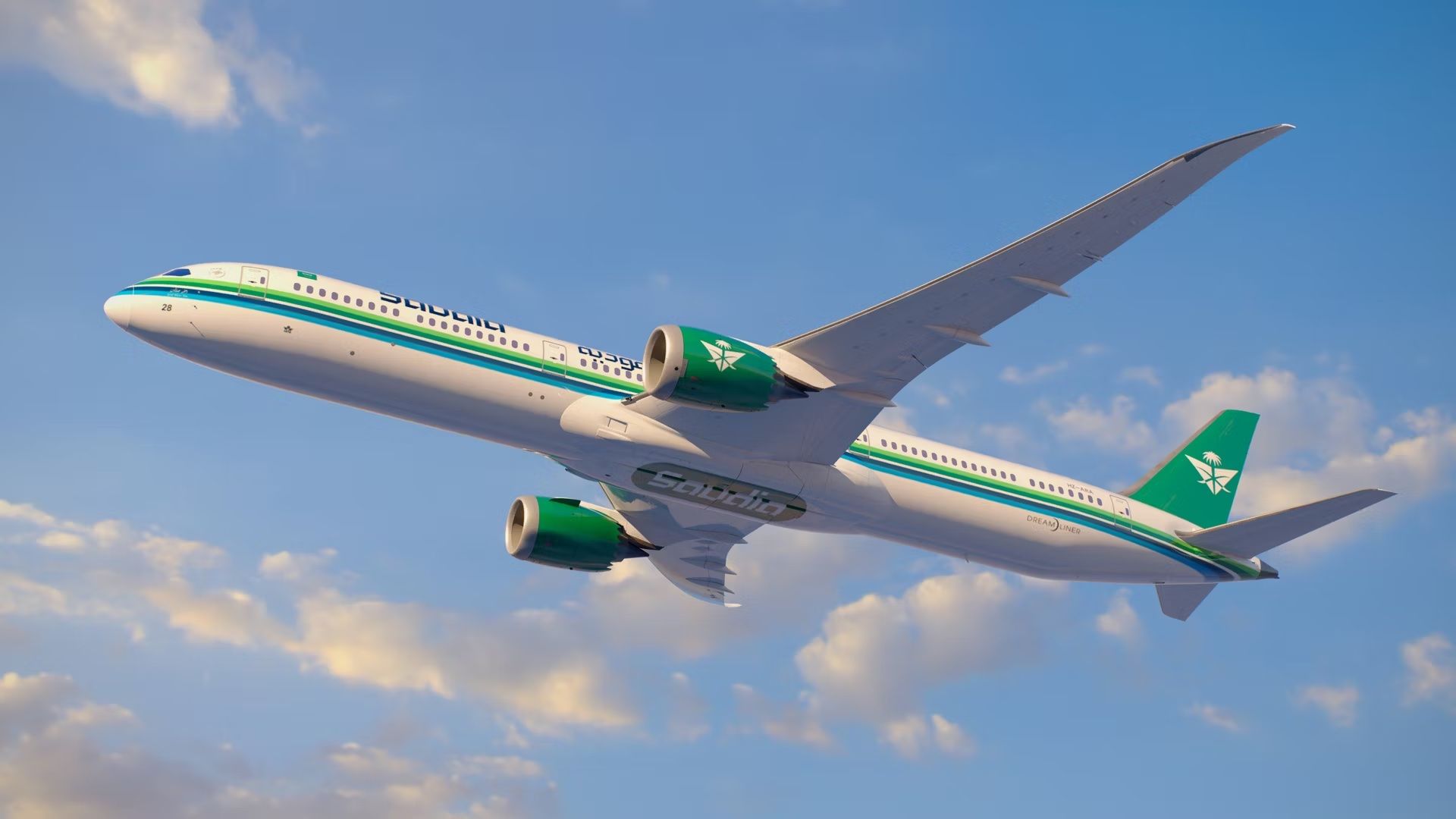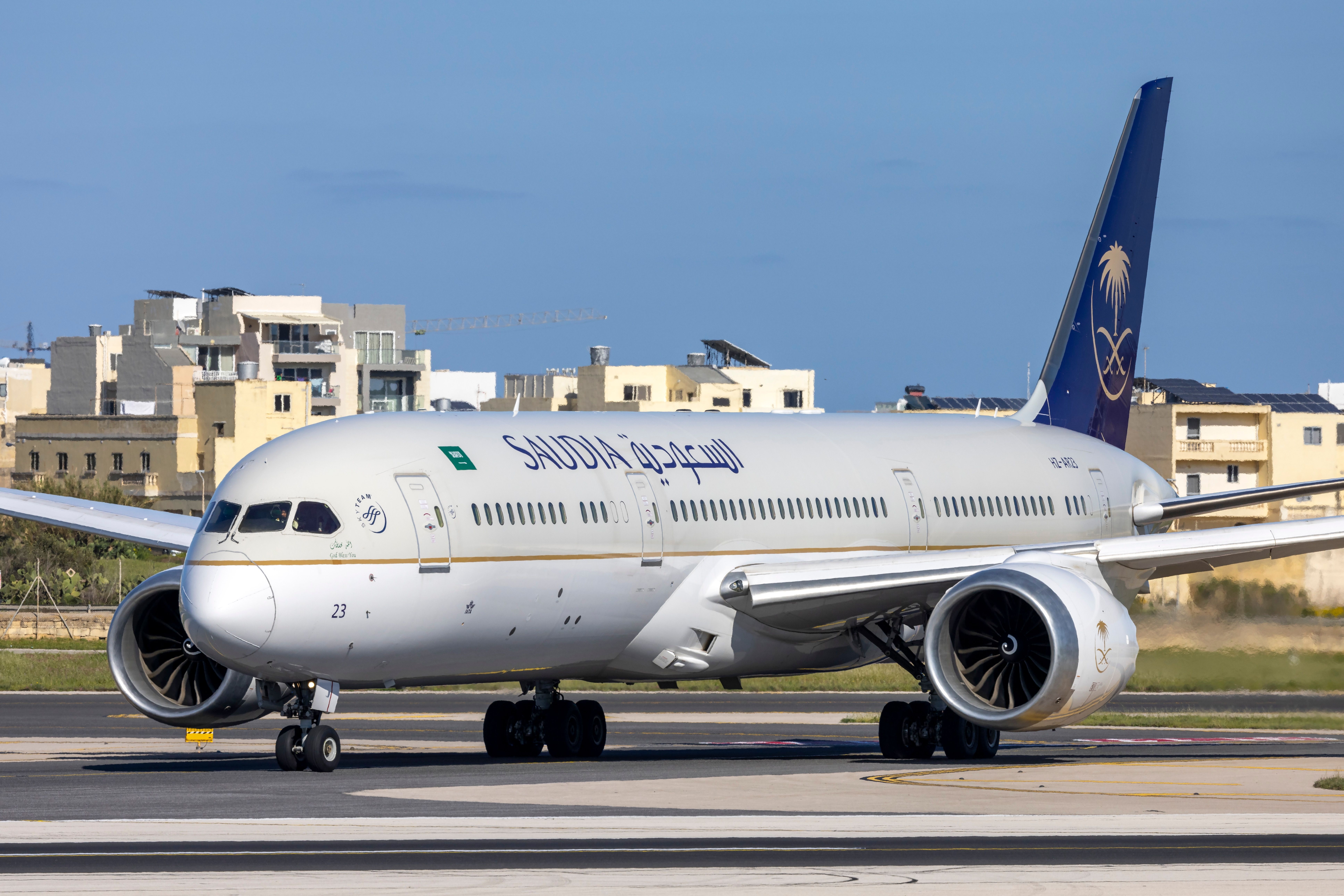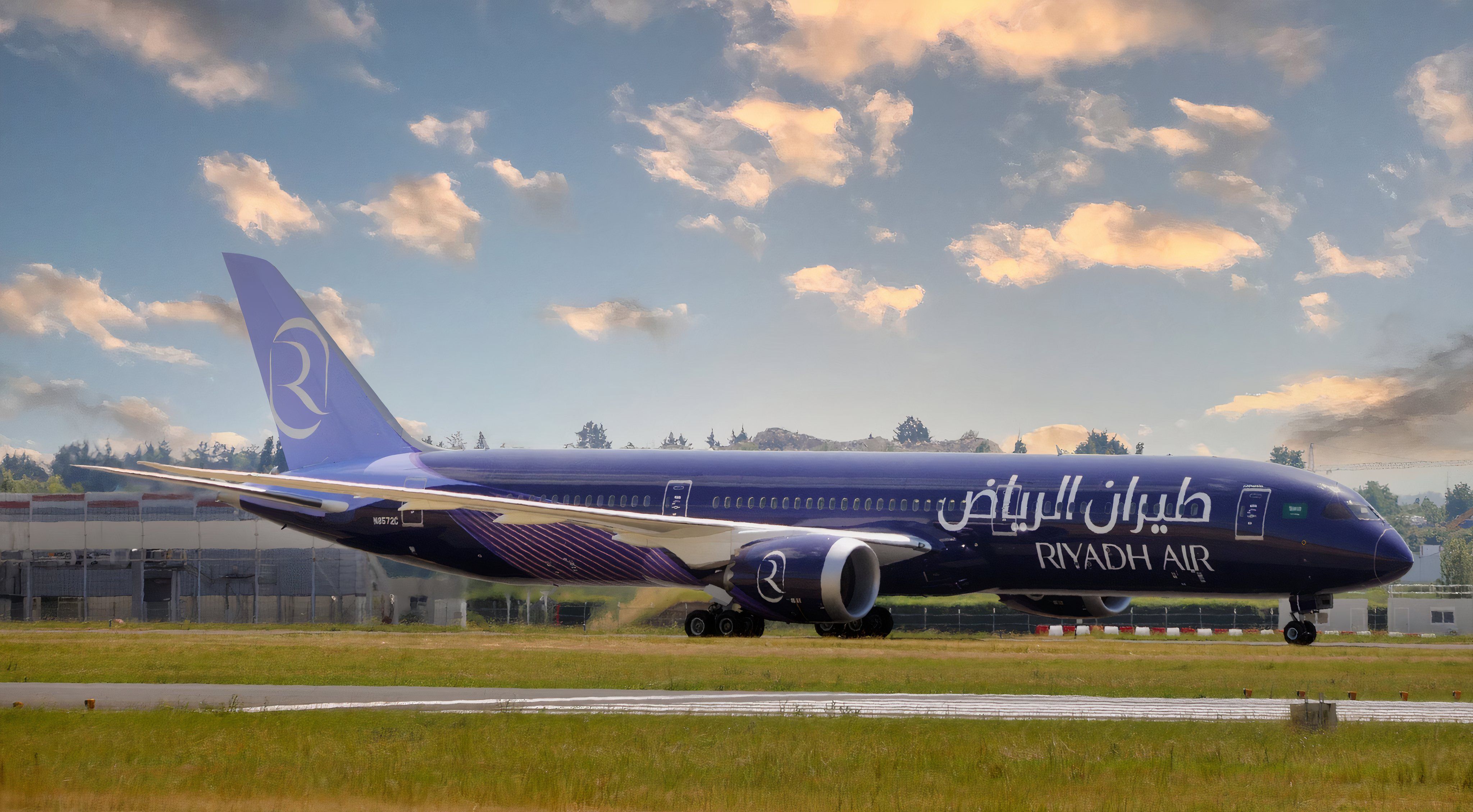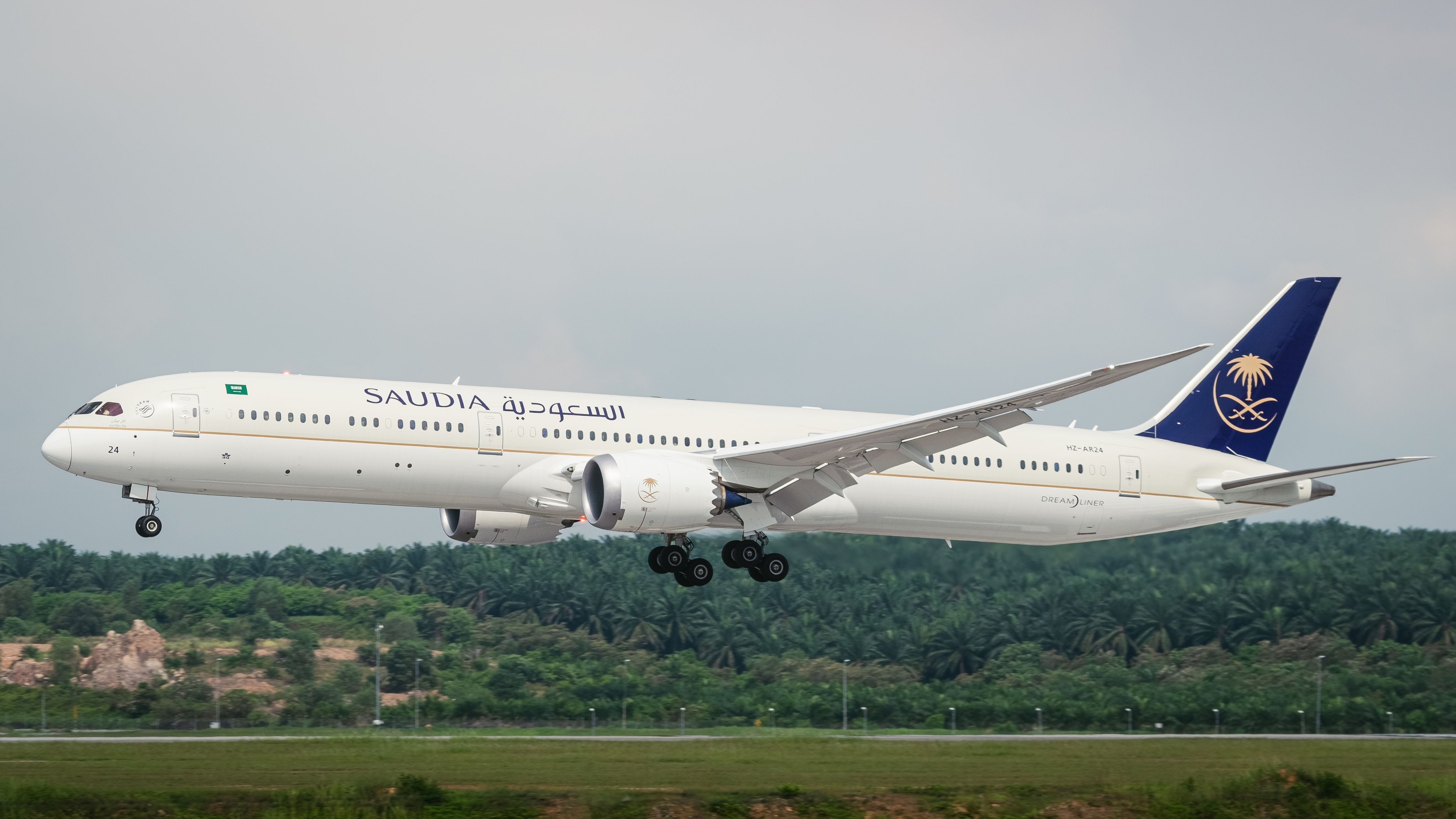Summary
- Saudi Arabia is collaborating with Boeing and Airbus to provide a local aluminum and titanium supply for aircraft production.
- The nation plans to boost domestic aircraft component production to support aviation expansion and economic diversification.
- The Saudi Crown Prince aims to shift the economy from oil dependence to manufacturing, focusing on growth in the aviation sector.
On May 20th, 2024, the government of Saudi Arabia announced that it is now working in collaboration with manufacturing giants Boeing and Airbus to get aluminum and titanium from Saudi mines approved for use in their commercial aircraft. The move comes as the two major planemakers face increasingly problematic supply shortages, including difficulties securing several lightweight metals, including aluminum and titanium.
Furthermore, Saudi officials have discussed the possibility of producing more aircraft components locally, according to statements from the Saudi General Authority of Civil Aviation. The country has continued investing heavily in civil aviation, building new airports, launching new airlines, and overhauling the national flag carrier Saudia.
Photo: InsectWorld | Shutterstock
These moves are all part of Saudi Crown Prince Mohammed bin Salman’s plans to transform the nation’s economy from a dependence on oil to one that maintains a healthy manufacturing sector. Today’s news also comes on the heels of the announcement of an order for 105 Airbus A320neo family aircraft from the Saudi Government earlier this week, which will support the extensive expansion plans for the state-owned Saudia.
An opportunity for both parties
There are economic incentives for manufacturers and the Saudi Government to agree to certify Saudi minerals to be used in Airbus and Boeing planes. According to Bloomberg, should both parties succeed, this could allow the Saudis to continue developing their mineral exportation sector while helping the two manufacturing giants relieve pressure created by supply chain issues.
Boeing has already been involved in extracting titanium from Saudi mines, signing a memorandum of understanding in 2023 to explore the development of a new mine with the Tasneee conglomerate. AJOT says this mining company produces over 10% of the world’s aviation-grade titanium.
Photo: Riyadh Air
The Saudi Government has also maintained its support for Boeing and has placed massive orders with the Seattle-based manufacturer for new jets that will form the backbone of the Riyadh Air fleet. The Saudi Sovereign Wealth Fund is currently launching this new carrier, which is set to drastically increase commercial passenger operations in the nation.
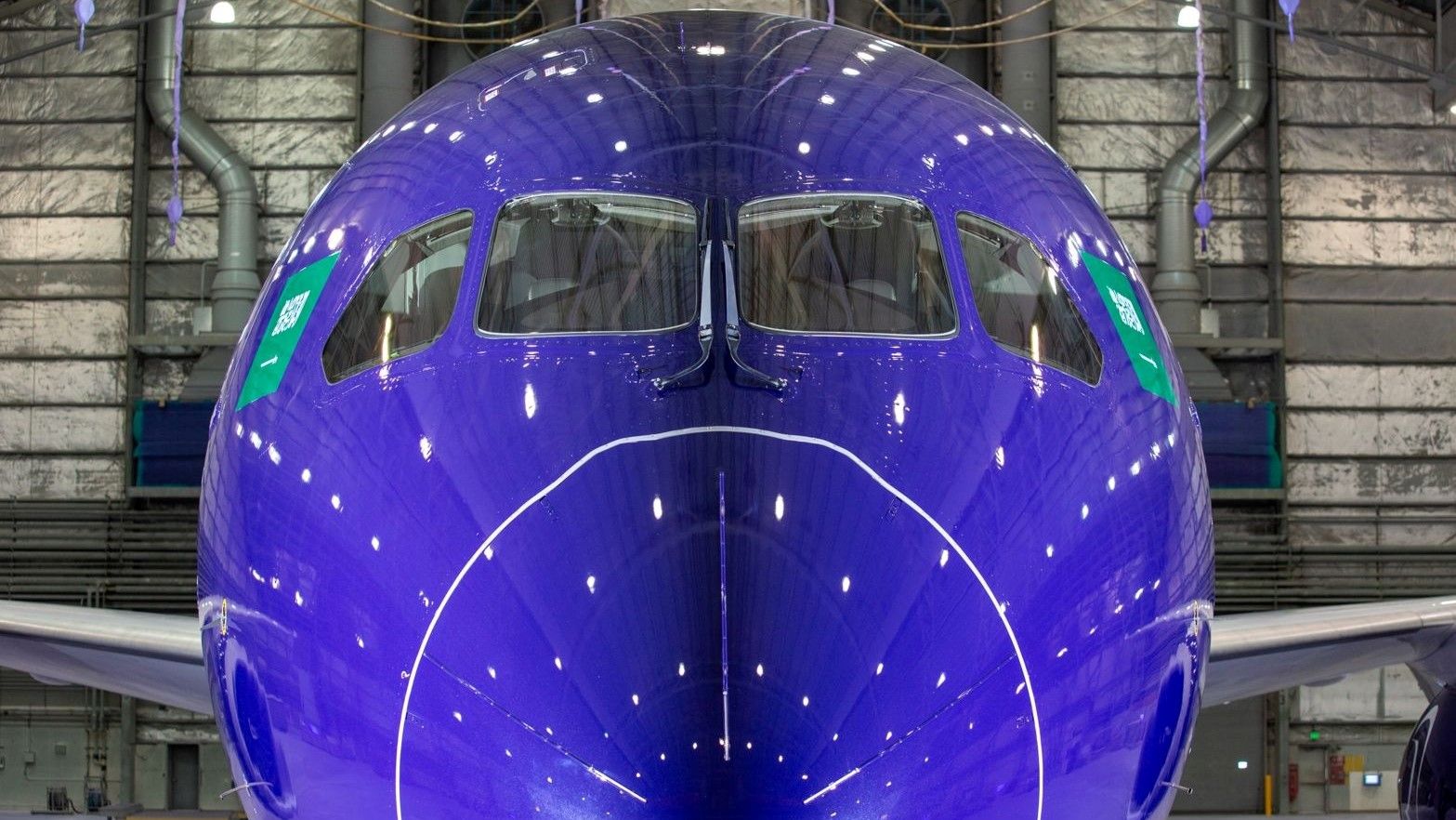
Related
Ambitious? Riyadh Air Wants To Hire 700 Pilots Over The Next 3 Years
Against a global pilot shortage to meet ambitious plans but with a unique route network, Riyadh Air plans to hire 700 pilots the next 3 years.
Saudi Government officials are undeniably excited by the possibility of this new collaboration. In a statement at the start of the Future Aviation Forum, the Saudi Civil Aviation Authority’s chairman, Abdulaziz Al-Duailej, had the following words to share:
“Boeing, Airbus, and the Brazilian Aviation Industry (ERJ.US) have all expressed interest in establishing long-term facilities with certain components in Saudi Arabia.”
A future-oriented mindset
Saudi Arabia has long relied on the export of refined petroleum to support its economy, but as the world shifts towards alternative fuel sources, the Saudi Government has attempted to help shift its economy away from such a heavy reliance on fossil fuels. Other nations across the Middle East have also attempted to do so, with various degrees of success.
Photo: Jeang Herng | Shutterstock
Mining, commercial aviation, and aerospace manufacturing could all bring long-term opportunities to the nation, something the Saudi Sovereign Wealth Fund has been quick to target. The organization aims to attract over $100 billion in investment to the commercial aviation sector by the end of the decade, a number certainly within reach considering the other major successful airlines in the region, such as Emirates, Qatar Airways, and Etihad, all of which remain state-managed.
